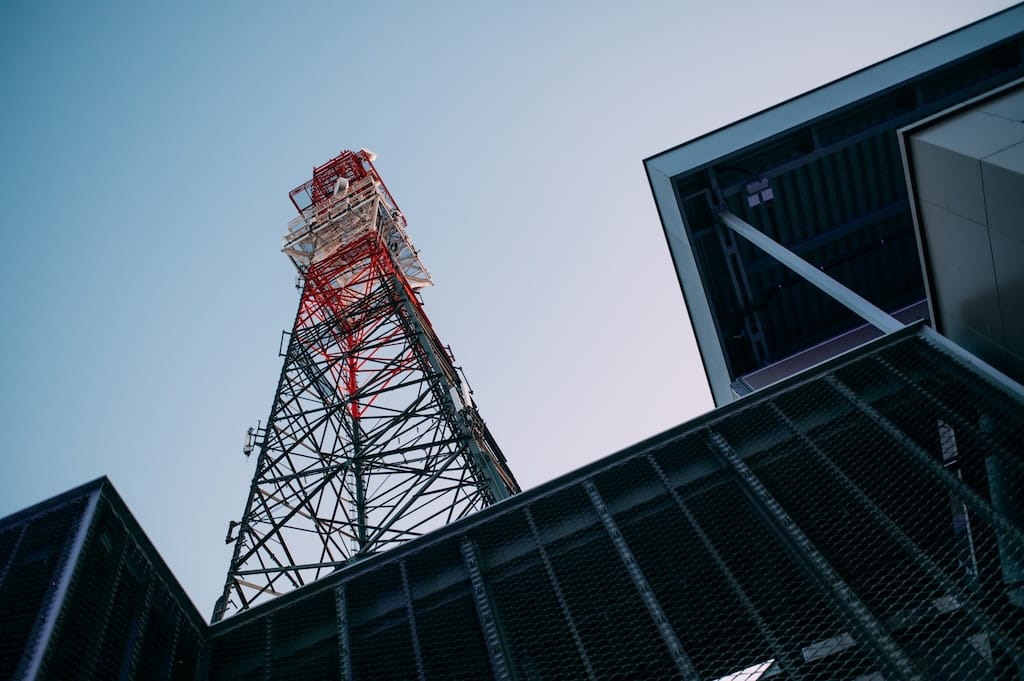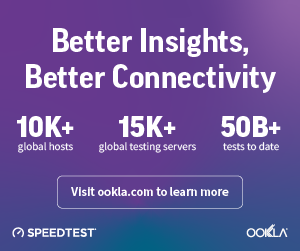Net Neutrality Commenters Continue to Disagree on Network Slicing
Public interest groups say the practice could allow mobile providers to skirt rules on paid prioritization

WASHINGTON, April 2, 2024 – Mobile providers and public interest groups continue to disagree on how the Federal Communications Commission’s proposed net neutrality rules should treat 5G network slicing.
Network slicing involves using multiple, distinct virtual networks on the same physical infrastructure. Each slice can be reserved for and used by certain kinds of applications or a single customer. In 5G networks, uses of the technology are still nascent, but the 5G standard requires it as a capability.

T-Mobile, the only provider currently implementing some commercial network slicing, wrote in December comments to the commission that “network slicing and many of the services supported by network slicing would qualify as ‘non-BIAS services’” by FCC standards, effectively exempting traffic on network slices from any net neutrality rules. Wireless trade group CTIA posted reply comments endorsing that position.
The FCC’s proposed net neutrality rules would reclassify broadband as a Title II service under the Telecommunications Act of 1934, opening the industry up to more regulation from the agency. With Title II authority, the FCC can stop providers from prioritizing or throttling internet traffic to certain sites.
Michael Calabrese from New America’s Open Technology Institute met with commission staff in February to express “grave concern” that —Mobile’s proposal would exempt mobile carriers from net neutrality rules by allowing them to sell guaranteed capacity on slices for services that could otherwise function normally on the general internet.
AT&T and Verizon have since weighed in with the commission to take T-Mobile’s side, and CTIA has continued to reiterate its position.
The former met with FCC Chairwoman Jessica Rosenworcel’s legal staff on March 27, according to an ex parte filing.

“Determining whether the use of network slicing to provide a particular service conflicts with net neutrality rules is not a question that can be answered in the abstract,” AT&T wrote. “The Commission should not substitute the imaginations of partisans with no experience managing networks or designing services for such an inquiry.”
Also on March 27, a coalition of public interest groups including Public Knowledge and the Open Technology Institute – who had argued the position earlier that month – as well as additional groups like the ACLU wrote to the commission arguing against exempting network slicing services from Title II for non-specialized applications.
Mobile ISPs and trade groups “are asking the FCC to let them treat these new fast lanes as ‘specialized services’ that are largely exempt from net neutrality rules,” the groups wrote.
“‘Specialized services’ are meant for applications that can’t operate on the normal internet (for instance remote surgery); instead, mobile ISPs want to be able to use that label to create fast lanes for any application, including things like online games that work just fine on the regular internet,” they argued.
CCIA and INCOMPAS, trade groups representing major tech companies and independent broadband providers respectively, agreed with Public Knowledge and OTI.
The net neutrality proposal has not yet come up for formal adoption, but has long standing Democratic support.
Alan Davidson, head of the National Telecommunications and Information Administration and the White House’s top telecom policy advisor, wrote to the commission on March 20 supporting “strong net neutrality rules,” both to protect consumers and for national security purposes.











